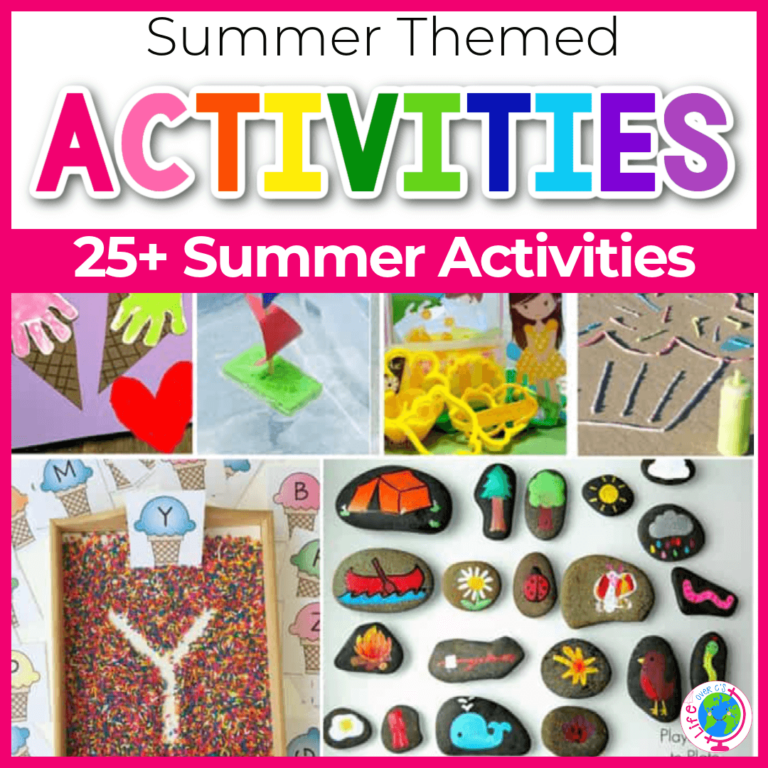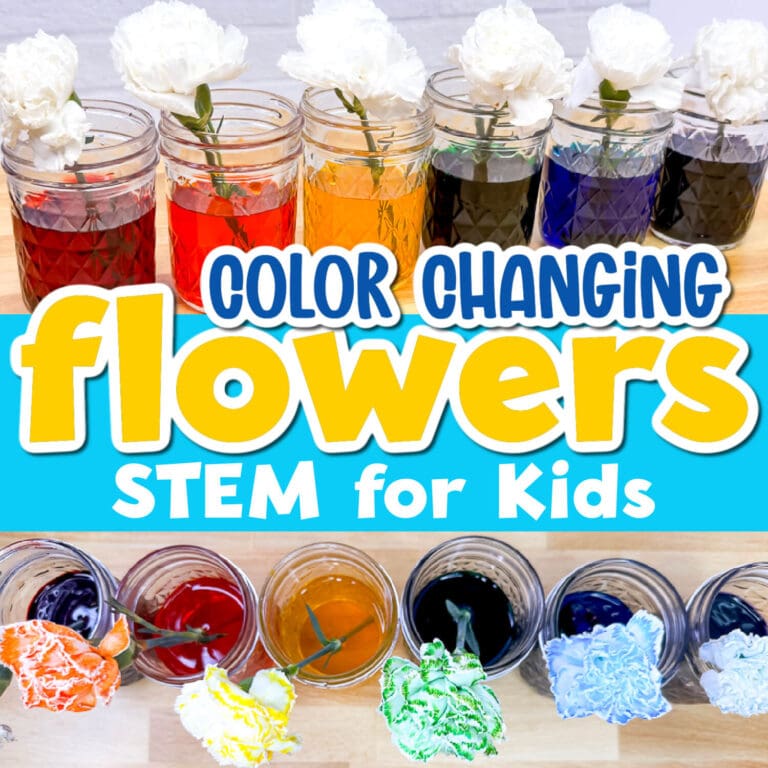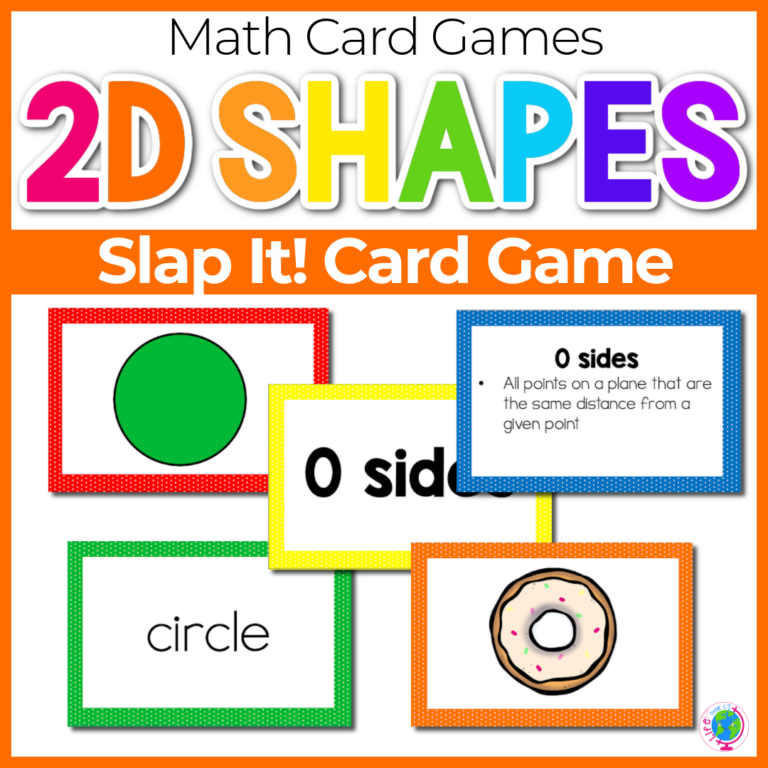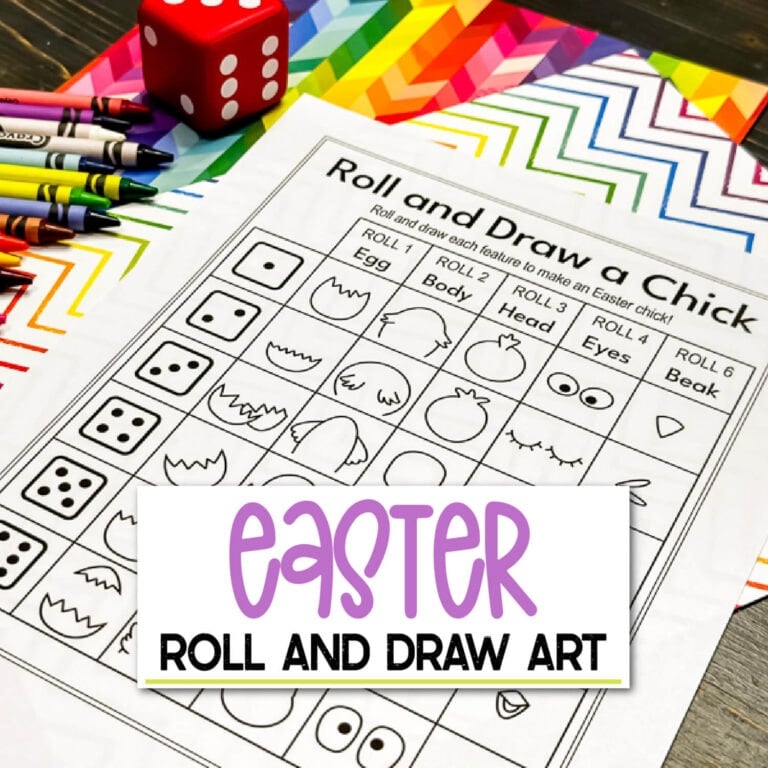10 Easy Science Activities for Kids Using Household Items
Do you know any curious kids? Do you know any kids? Because kids are naturally curious. Just like our 10 preschool science experiments, this set of 10 easy science activities for kids is filled with activities you can do using common household materials. All of these activities have been tested in both classrooms and home, so that you can find science experiments that work perfectly for you.

Recommended Grade Level:
10 Easy Science Activities for Kids
How do you make a simple science project?
Easy science activities for kids don’t need to be complicated! Sometimes it’s as simple as looking in your pantry and grabbing a jar and some food coloring to explore mixing colored water.
When my kids were preschoolers, they LOVED to pull out the pots and pans, then fill them with “potions” of water, food coloring, and various spices.
Introduction to the Scientific Method for Preschoolers
Teaching the scientific method to preschoolers doesn’t need to be hard. At its simplest the scientific method comes down to:
- Making observations
- Asking questions
- Developing a Hypothesis
- Testing the Hypothesis
- Recording the Results
- Sharing the Results
Steps of the Scientific Method for Kids
Step 1: Making Observations
The very start of the scientific process, is simply observing the world around us. Encourage your students with open-ended questions that get their five senses involved. What do you hear? Can you tell me about what you see? Can you describe the taste of xyz?
Step 2: Asking Questions
This is when you turn the tables and let the kids start asking questions? What will happen if….?
Step 3: Developing a Hypothesis (a Prediction)
Have your children complete the statement “I think …. will happen”
Examples:
- “I think the water will turn purple if I add red and blue food coloring.”
- “I think the boat will sink if I put 10 pennies in it.”
- “I think the color will fade on the construction paper if I leave it in the sun.”
Step 4: Doing the Experiment
This is the fun part!! Test out those predictions!!
Remember to record any changes that are tested, so that the kids can compare the results.
Step 5: Recording the Results
A young child is probably not ready to write a thesis on their baking soda and vinegar science experiment, but there are other ways for them to record the results. This is a simple way to modify experiments based on the needs of the student:
- Take pictures
- Draw the results
- Guide an adult to write the results for them
Step 6: Share the Results
Time to share! As much as kids love to explore the world around them, I think they love to share their observations even more! They are happy as a clam to tell a perfect stranger that their mom wears curlers and a robe to drop them off at school… and they are just as excited to share about their science experiments.
Allow them time to do a show and tell during circle time, small groups or even just one-on-one.
Simple Science Experiments
Take kitchen science to the next level with simple ingredients and common household items.
- Explore chemical reactions at home with this fun (and safe) science experiment, Chemical Reactions with Pennies.
- How are crayons made? Try this fun Melting Crayons Science Experiment experiment with your old broken crayons.
- Did you know that you can use the sun to make art? Make sun prints on a sunny day and find out why color fades on a sunny day.
- Can you bend a craft stick? Try it with this fun experiment and make craft stick bracelets with your results.
More Simple Science Experiments for Kids
What are examples of experiments for preschoolers?
Teach exciting topics like chemistry, density, refraction and more with simple vinegar experiments or a float experiment.
Simple Experiments for Kids
Something as simple as a drop of food coloring on a plate of “magic milk” shows how dish soap breaks down the fat molecules in the milk.
Try adding drops of vinegar to baking soda for a fizzy delight.
Play with mixtures to show what items easily mix, which ones do not mix, and which can be separated.
Fun Science Experiments for Mixing Colors
- Have fun with color. Mix and concoct, explore and experiment with this Color Mixing Lab.
- Can you mix color using motion? Try it with these Color Mixing Tops all you need is markers, paper and string.

Easy Science Activities for Kids Using Snow and Ice
- Save this idea for winter. Learn to observe, predict, and record your results with Snow Science: Observation and Prediction.
- What objects slide the best on ice? Find out while combining science with sports with Hockey Science.
Simple Science Experiments Using Water
- What will sink and what will float? Make predictions and experiment with this classic sink or float project.
- How much weight can you add to a boat before it sinks? Combine engineering and science with a penny boat challenge STEM project.
What Do Preschoolers Learn from Science Experiments?
Don’t be afraid to try these hands-on explorations with kids from toddlers on up! It’s never too early to introduce scientific concepts.
Important Foundational Concepts
- Develop Observation Skills: Budding scientists build on their ability to observe and describe the world around them, fostering observational skills.
- Encourage Curiosity: Kids love to ask questions! They fill our days with…. Why? How? What? Science experiments are a great way to help them explore even more!
- Promote Critical Thinking: Preschoolers engage in critical thinking, make connections, and draw conclusions based on their observations with these easy science experiments.
- Explore Cause and Effect: Through experimentation, preschoolers are introduced to the concept of cause and effect. Preschool-level cause and effect understanding is much different than an adult’s understanding, they see it more as “If… Then…”
- Build Vocabulary: Science activities introduce new vocabulary, expanding preschoolers’ language skills as they explain their observations and findings.
More Science Activities for Kids
Do you love this activity?
Pin it for later!

More Snow and Ice Science
More Activities You’ll Love:
Search All Activities
Looking for more? Find exactly what you need here:

![vertical collage of eight science activities text overlay says [10 science activities for kids]](https://lifeovercs.com/wp-content/uploads/2015/10/science-experiments-for-kids-10-easy-pin-6-667x1000.png)

![vertical collage of 7 pictures text says [10 science activities for kids] shows discolored pennies, a blue and yellow ice cubes mixing coloring, alphabet silicone pan filled with crayons, colored construction paper with objects sitting in the sun, spinning color wheel and aluminum foil boat](https://lifeovercs.com/wp-content/uploads/2015/10/science-experiments-for-kids-10-easy-pin-3-667x1000.png)












